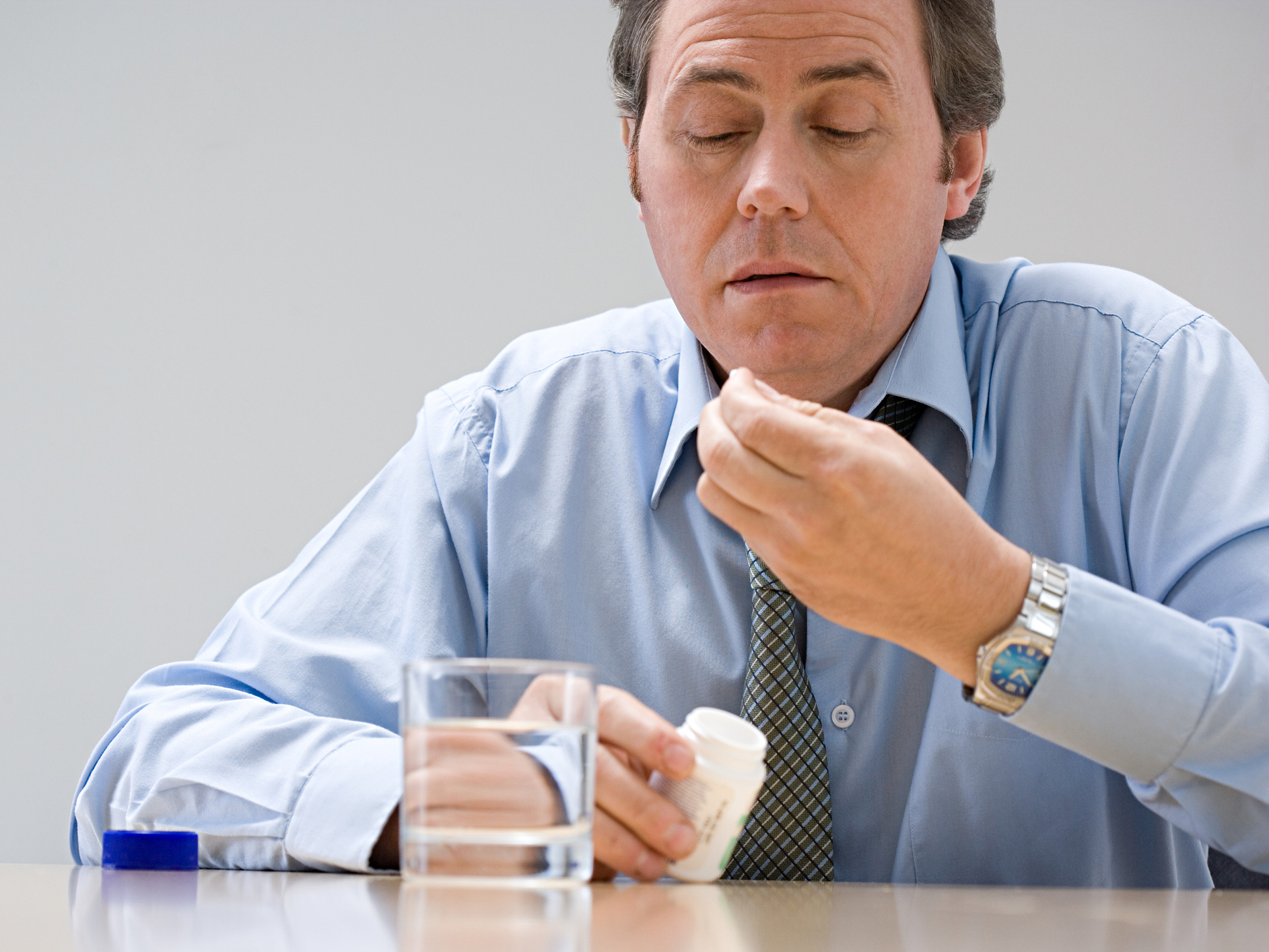Get Easy Health Digest™ in your inbox and don’t miss a thing when you subscribe today. Plus, get the free bonus report, Mother Nature’s Tips, Tricks and Remedies for Cholesterol, Blood Pressure & Blood Sugar as my way of saying welcome to the community!
If folks over 60 with high LDL live the longest, why should we lower it?

When it comes to medications, if you’re like most people, you simply follow your doctor’s recommendations, fill your prescriptions, and start taking them.
Very few people, especially seniors, question their doctors about the wisdom or necessity of taking a particular drug, or about whether it’s necessary or advisable for them to continue taking it.
Then there’s the concerning issue of polypharmacy – simply, seniors often are taking so many different prescriptions, it’s hard to keep track of them.
Many have been prescribed different medications for the same problem by different specialists, and continue to take them, despite possible interactions. Clearly, this is a dangerous situation.
You may continue taking a medication for years when research shows that it’s really of very little value and that the side effects outweigh the benefits.
Such is the case with statin drugs prescribed to lower cholesterol.
The debate over cholesterol and statins is ongoing
Whether statin drugs are of benefit to everyone, and whether the benefits outweigh the risks for everyone who takes them, is far from clear.
For every study claiming to prove that cholesterol is a risk factor for heart disease and that statins are effective in lowering mortality from heart disease, you can find another study saying the opposite.
So, what do you do with this conflicting information?
Again, to avoid taking too many drugs is always a good idea. The fewer you take, the fewer the possible side effects and interactions.
That’s not to say that you should stop taking your statin, cold turkey. Absolutely not. This would be a bad idea.
But you may want to consider the findings of a large-scale review that analyzed results from past studies on statin use, cholesterol, heart disease, and death rates.
Bad cholesterol and death not associated among seniors
Professor David Diamond of the University of South Florida, along with an international team of experts, examined past studies involving more than 68,000 participants over the age of 60.
Professor Diamond noted: “We have known for decades that high total cholesterol becomes a much weaker risk for cardiovascular disease with advancing age. In this analysis, we focused on the so-called ‘bad cholesterol’ which has been blamed for contributing to heart disease.”
The researchers’ findings contradict the so-called “cholesterol hypothesis,” which says that cardiovascular disease starts in middle age as a result of the buildup of LDL cholesterol, gets worse with age, and leads to death from cardiovascular disease.
According to the findings of this review, not only is high LDL not associated with greater mortality from heart disease but that most often there was an inverse relationship, meaning that higher LDL levels among the elderly were often associated with longer life.
“If LDL is accumulating in arteries over a lifetime to cause heart disease, then why is it that elderly people with the highest LDL live the longest? Since people over the age of 60 with high LDL live the longest, why should we lower it?”
Good question, Professor Diamond.
Avoiding polypharmacy
If you’ve been a reader here for any length of time, you know that there are ways to control the risk factors for heart disease that aren’t dependent on drugs. If you’re concerned about their effect, armed with that information, it may be time to talk to your doctor about whether all the drugs you may be on are still beneficial.
“Getting off prescription drugs” and “The pitfalls of polypharmacy and how to avoid this dangerous trap” provide some detailed information from Dr. Michael Cutler on how to avoid the trap of polypharmacy, and how to control your risk of heart disease without relying solely on medications.
And in “The fatty foods that protect your heart, mind, and body,” Dr. Isaac Eliaz recommends the kinds of heart-healthy fats you should be eating, many of which are part of a Mediterranean diet.
Editor’s note: Are you feeling unusually tired? You may think this is normal aging, but the problem could be your master hormone. When it’s not working, your risk of age-related diseases skyrockets. To reset what many call “the trigger for all disease” and live better, longer, click here to discover The Insulin Factor: How to Repair Your Body’s Master Controller and Conquer Chronic Disease!
Sources:
- USF professor: No association between ‘bad cholesterol’ and elderly deaths — EurekAlert!
- Cholesterol confusion and statin controversy — World Journal of Cardiology
- Statins for high cholesterol: Are the benefits worth the risk? — Drugs.com













